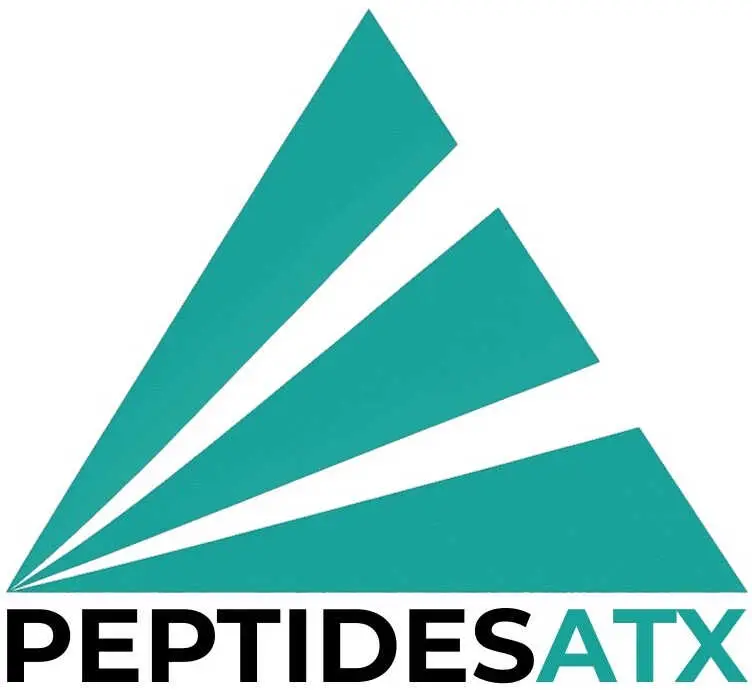Subtotal: $200.00

Description
NAD⁺ (Nicotinamide Adenine Dinucleotide) is a coenzyme present in all living cells, essential for cellular metabolism and energy production. It plays a key role in redox reactions by cycling between its oxidized form (NAD⁺) and reduced form (NADH), facilitating electron transfer within the mitochondria and supporting ATP synthesis.
In preclinical research, NAD⁺ has been studied for its involvement in cellular repair, mitochondrial function, and regulation of oxidative stress. Animal and in vitro studies have explored its potential to support muscle physiology, protect nervous system cells, and influence mechanisms associated with aging — though such findings remain experimental.
NAD⁺ is also a substrate for enzymes like sirtuins and PARPs, which are involved in gene expression, DNA repair, and the maintenance of genomic stability. These pathways are of growing interest in research focused on longevity and cellular resilience.
This compound is intended strictly for laboratory research use only and is not for human or veterinary use.
Description
What is NAD+?
NAD⁺ (Nicotinamide Adenine Dinucleotide) is the oxidized form of NADH and plays a vital role in cellular metabolism. Its primary function in biological systems is to act as an electron carrier, facilitating the transfer of energy between metabolic reactions. This redox activity supports mitochondrial function and ATP production, which are essential for maintaining cellular energy balance.
In laboratory research, NAD⁺ has also been studied for its role in enzyme regulation, protein modification, and intercellular signaling. It has been observed to participate in post-translational modifications and influence enzyme activation through interactions with pathways involving sirtuins and other regulatory proteins. Additionally, NAD⁺ has been identified as an extracellular signaling molecule in various tissues, including neurons located in blood vessels, the bladder, the gastrointestinal tract, and select regions of the brain.
This compound is provided strictly for laboratory research use only and is not intended for human or veterinary consumption.
NAD + Effects
NAD⁺ (Nicotinamide Adenine Dinucleotide) is a key metabolic cofactor involved in cellular energy production and intercellular signaling. In research models, NAD⁺ has been shown to contribute to multiple biological functions, including energy metabolism, DNA repair, immune regulation, and circadian rhythm maintenance.
Studies indicate that NAD⁺ levels naturally decline with age and may be influenced by disease states. This reduction has been associated with impairments in several cellular processes. Preclinical research has explored NAD⁺’s role in the following areas:
- Enzyme Regulation: NAD⁺ serves as a substrate for sirtuins and PARPs (poly-ADP-ribose polymerases), both of which are involved in DNA repair, inflammatory response, and stress resistance. Sirtuins have been extensively studied for their role in longevity and their connection to the beneficial effects of calorie restriction.
- Neuroprotection: In mouse models, NAD⁺ influences the expression of PGC-1α, a regulatory protein involved in protecting neurons from oxidative stress. This has been linked to potential improvements in memory and cognitive function during aging.
- Cardiovascular Health: Research has shown that NAD⁺ may support vascular integrity by protecting blood vessels from age-related stiffening and plaque buildup. In some studies, NAD⁺ administration reversed functional decline in the aorta of aging mice.
- Metabolic Function: Animal studies have also reported increased metabolic activity and improved lean body mass following NAD⁺ supplementation. Enhanced muscle strength and endurance have been observed in aged mice receiving NAD⁺, highlighting its potential relevance in age-related performance decline.
These findings remain preclinical and are derived from animal and in vitro models. NAD⁺ is provided strictly for laboratory research use only and is not intended for human or veterinary consumption.






Reviews
There are no reviews yet.